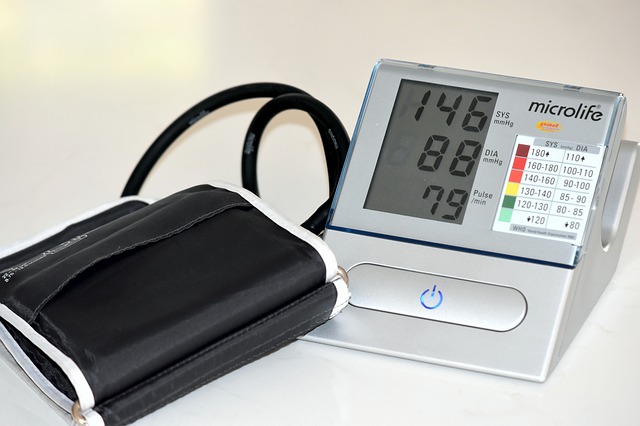A study evaluated how blood pressure self-monitoring helps encourage patients with hypertension to exercise compared to exercise without blood pressure self-monitoring.
A study published in the Journal of Hypertension by UConn researchers collaborating with Hartford Hospital evaluated self-monitoring of blood pressure and exercise adherence in hypertensive patients.
There were 11 men and 13 women with hypertension ranging in age from approximately 40 to 60 years old included in the study.
They participated in moderate-intensity aerobic exercise training for 40–50 minutes per session, three days a week for 12 weeks, and were told to exercise unsupervised at home at least 30 minutes per day, 1–2 days a week in addition to the training they were receiving in the study.
How did adherence to exercise training with blood pressure self-monitoring compare to exercise training without self-monitoring?
On average, the participants completed their exercise training with 88% adherence.
The participants who used self-monitoring showed more adherence to their exercise training at about 94.3 % adherence versus participants who did not use blood pressure self-monitoring and averaged about 87% adherence.
The participants who self-monitored also showed more adherence to performing their own additional exercise, averaging about 33 additional minutes per week, which worked out to be approximately 107% greater exercise adherence compared to the participants who did not self-monitor.
What does this study mean?
This study demonstrates that blood pressure self-monitoring is effective in improving exercise adherence, although it is limited by the small sample of adults with hypertension who were included.
It would be beneficial to continue this study among a larger, more diverse group of participants to determine whether blood pressure self-monitoring can help patients with hypertension better adhere to exercise regimens.
Furthermore, since one exercise session can immediately reduce blood pressure and persists for an entire day, it may be beneficial for healthcare professionals to consider supporting the use of blood pressure self-monitoring to encourage exercise adherence in patients with hypertension.
Written by Tatsiana Verstak, M.S., B.S.
Relevant topics that may be of interest to you:
- Nitrate-rich Vegetables and the Lowering of Blood Pressure Myth
- Can dementia be prevented with stricter blood pressure control?
- Ambulatory blood pressure monitoring may help prevent premature deaths
- How do smoking, diabetes, and blood pressure affect heart attacks in women?
- Developers test new blood pressure app for iPhone
- Southern diet plays a large role in the risk of high blood pressure
- Can a smartphone app help you take your blood pressure medications?
Reference: Amanda Zaleski, et al. Using the immediate blood pressure benefits of exercise to improve exercise adherence among adults with hypertension: a randomized clinical trial. Journal of Hypertension. Publication Date: 2019/05/03.
Image by Peter Holmes from Pixabay



